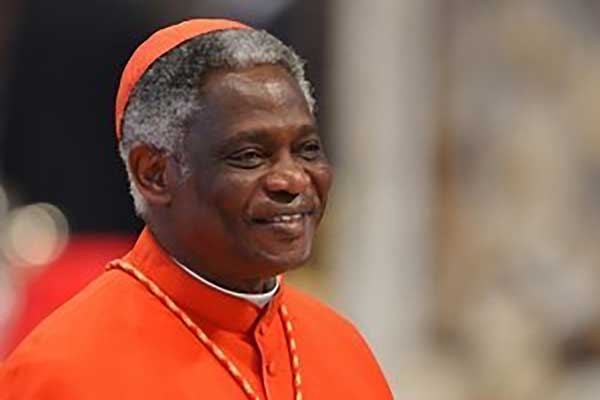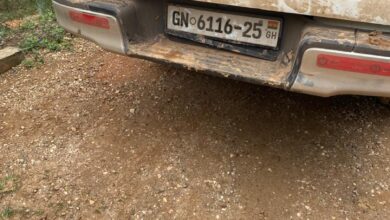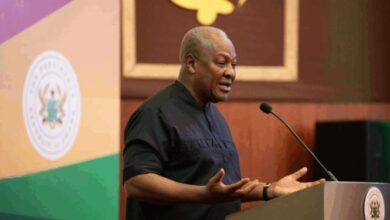
His Eminence Cardinal Peter Kodwo Appiah Turkson, Chancellor of the Pontifical Academy of Sciences and Social Sciences at the Vatican, has called on prophets and members of the clergy to exercise spiritual caution and prayerful discernment before publicly declaring prophecies—especially those foretelling disaster.
His appeal follows a recent directive from the Office of the Presidential Envoy for Interfaith and Ecumenical Relations, led by Elvis Afriyie Ankrah, which mandates that any prophecy concerning political figures, national governance, public safety, or security be formally submitted for review before public disclosure.
The directive, issued on Sunday, August 10, comes in the wake of widespread social media circulation of prophecies related to the tragic August 6 military helicopter crash, which claimed eight lives, including two cabinet ministers.
Speaking at a press conference ahead of the August 22 inauguration of the John Kofi Turkson Memorial Institute—a facility named in honour of his late brother, a victim of the 2000 Kenya Airways Flight 431 crash—Cardinal Turkson emphasized the sacred duty of prophets to first seek divine mercy before broadcasting divine warnings.
“If a prophecy reveals the potential for disaster, the first response should be intercession,” he said. “When God informed Abraham about the destruction of Sodom and Gomorrah, Abraham’s immediate response was to plead for mercy. Likewise, if God reveals something to you, your role is to pray and ask for His intervention before going public.”
Cardinal Turkson also cautioned against the use of prophecies to assert spiritual dominance or influence, noting that determining the authenticity of a prophet is often difficult and subjective.
“Spiritual leadership comes with responsibility, not just revelation. Prophets should not use visions as tools of control or fear, but as calls to prayer, repentance, and divine guidance,” he concluded.
The Cardinal’s message adds to growing calls for greater accountability and restraint in the prophetic ministry, especially in times of national mourning and heightened public sensitivity.



